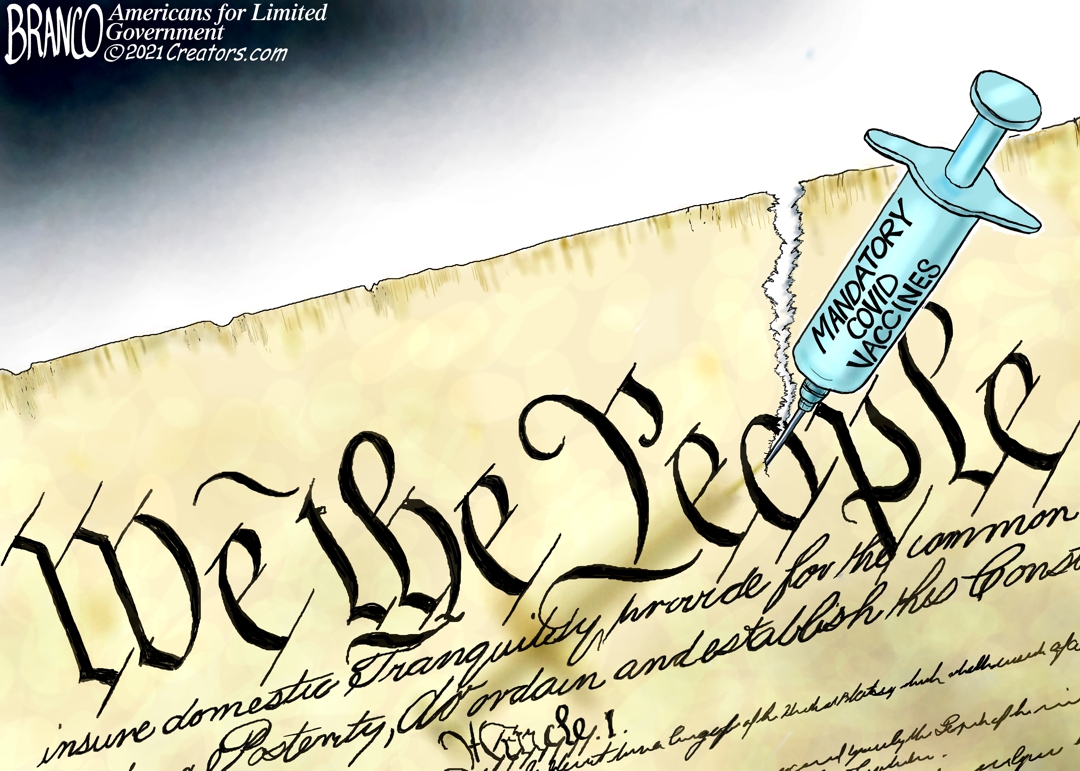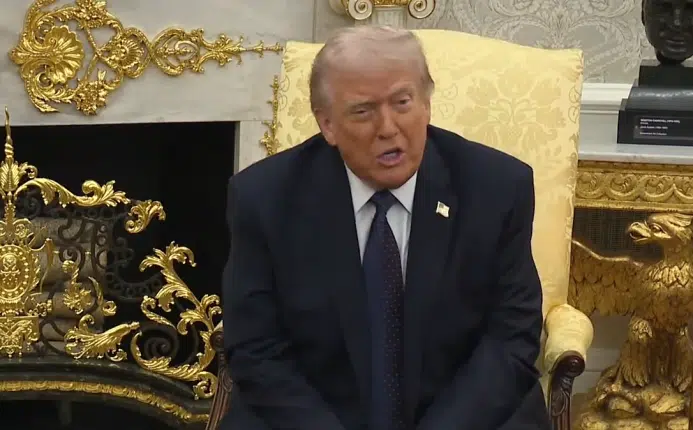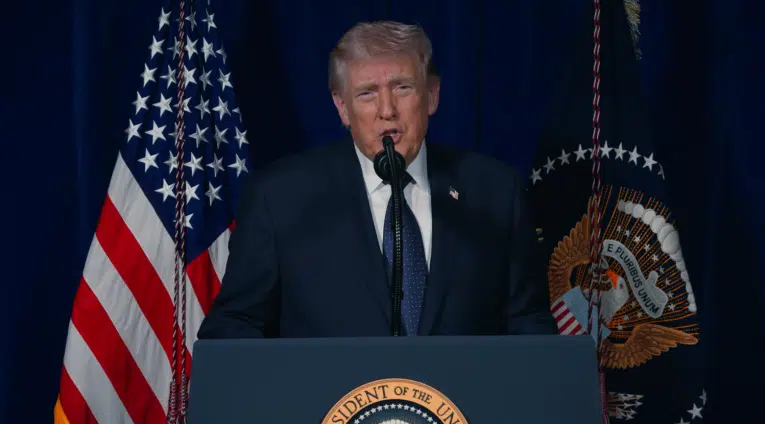
When it comes to Covid and its vaccines, a Kaiser Family Foundation (KFF) survey taken on Aug. 4 reports that 89 percent of Democrats say they’ve already received the Covid vaccine or plan to do so “as soon as possible,” compared with 56 percent of Republicans and 67 percent of independents.
That is higher than in Sept. 2020, before the election, when Kaiser reported 77 percent of Democrats saying they would definitely or probably get the vaccine, compared to just 67 percent of independents and 47 percent of Republicans.
Still, Republicans and Independents are less likely than Democrats to be vaccinated. Similarly, there is a disparity between vaccination rates at the state and local level along partisan lines. The top 20 states with the highest vaccination rates all voted for President Joe Biden, ranging from Vermont at 68 percent to Wisconsin at 54.2 percent, and the bottom 23 states with the lowest vaccination rates, with the exceptions of Georgia and Arizona (although they both have Republican governors and legislatures), all voted for former President Donald Trump, ranging from South Dakota at 49.4 percent to Mississippi at 38.5 percent.
Now, the choice of whether to get the vaccine is leading to employment discrimination, with state and local government vaccine mandates, particularly for health care professionals. A union survey of nurses in Ohio found 30 percent of nurse said they would resign over a University of Cincinnati Medical Center vaccine mandate. This is just the tip of the iceberg.
Although the poll does not give the partisan breakdown, we can tell from the national surveys above that those at risk of losing their jobs are disproportionately Republicans—and it will impact the entire health care profession, the education profession and any other profession where mandates are used.
It is leading to a Covid cancel culture. Republicans are less likely to get the vaccine, and so will be more likely to be punished. Based on the Ohio study, it seems the mandates are more likely to lead to resistance than more vaccines.
So, there is a partisan divide on the question of the Covid vaccine. But why?
A hint might come from comparing the findings today to a 2014 survey, “Confidence in government and vaccination willingness in the USA,” by Gustavo S. Mesch and Kent P. Schwirian on voluntary flu vaccines, which showed a very similar partisan breakdown in terms of willingness to get the swine flu vaccine that year: “a larger percentage of Democrats (63.7) were willing than Republicans (43.0) and Independents (43.1), and this party identification finding provides a measure of support for expectations of an association between party identification and willingness to take the vaccine.”
Meaning, the opposition to the Covid vaccine extends to other seasonal vaccines based on long-standing opposition to flu vaccines and cultural differences, and not the politics of today.
In July, former President Donald Trump said Americans foregoing the vaccine is because they did not trust in the government, stating: “[Biden]’s way behind schedule, and people are refusing to take the vaccine because they don’t trust his administration, they don’t trust the election results, and they certainly don’t trust the fake news, which is refusing to tell the truth.”
Here, Trump is onto something.
Specifically, the key finding of the 2014 study on flu vaccines was that opposition to the seasonal flu vaccine was rooted in a lack of confidence in the government: “A larger percentage of those with confidence in government (59.6) were willing [to get the vaccine] than were those with less confidence (32.2)”.
This makes the most sense out of other surveys I have previously looked at because the Covid vaccine is more like the flu vaccine than it is like the measles vaccine from my prior post. As recently as 2015, 89 percent of Republicans and 87 percent of Democrats (and 83 percent of adults) were of the view that measles vaccines are safe to give to children, according to a Pew Research survey.
It is only when you look at the seasonal vaccinations where the partisan relationship emerges based on a healthy distrust of governmental institutions.
More than 206.4 million Americans have received at least one dose of the Covid vaccine, or 62.2 percent of the total population, and 175.5 million are fully vaccinated, or 52.9 percent of the population, according to the latest numbers from the Centers for Disease Control (CDC).
In addition, the Institutes for Health Metrics and Evaluation report there have been approximately 37 million confirmed cases of Covid in the U.S., and more than 150 million probable estimated infections.
That could be good news. A recent study from researchers in Israel has found that herd immunity is being conferred both by the vaccine and through natural transmission of the virus, “This study demonstrated that natural immunity confers longer lasting and stronger protection against infection, symptomatic disease and hospitalization caused by the Delta variant of SARS-CoV-2, compared to the BNT162b2 two-dose vaccine-induced immunity. Individuals who were both previously infected with SARS-CoV-2 and given a single dose of the vaccine gained additional protection against the Delta variant.”
Meaning, whether through vaccinations or natural spread, we are closer to herd immunity now than we ever have been. So, there does not appear to be a pressing need for mandates.
It should serve notice on policy makers at the local level. Before giving upwards of 30 percent of your nurses and teachers their walking papers, lawmakers, governors and mayors should consider that if vaccine hesitancy is rooted in distrust of government, coercive vaccine mandates and passports that single out, discriminate and punish the unvaccinated are probably counterproductive.
Employee mandates won’t foster more trust in the current administration, and so they probably won’t lead to very many more vaccines being administered. If the mandates don’t work on peoples who are opposed on long-standing cultural grounds and are not likely to budge, shouldn’t that matter? At that point, it is simply punitive.
Robert Romano is the Vice President of Public Policy at Americans for Limited Government.






